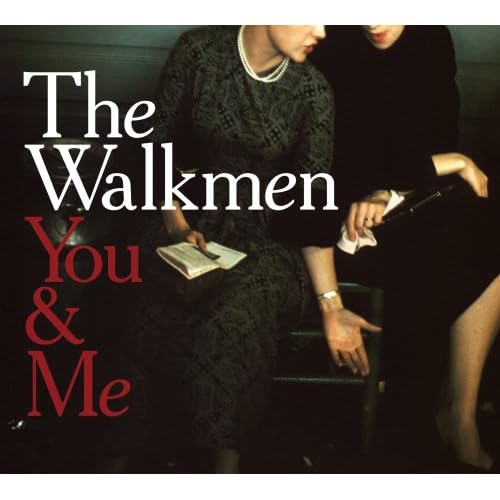 Portishead, Third (Mercury/Island)
Portishead, Third (Mercury/Island)There was no reason to expect that Portishead would ever be relevant again. They'd had their heyday, inspired a decade or more of electro-acoustic mood music perfect for shopping or sipping caramel macchiatos (that music's blandness is not Portishead's fault), and promptly faded away. Fait accompli, right? And even if Adrian Utley, Beth Gibbons and Geoff Barrow were to reunite, they'd only be banking on past glory (box), right? Well, not so fast, it seems. A decade removed from their last perfomances together, the trio decided they still had something vital to offer, and lo, they were right.
Third is distinct from both of their previous studio albums, as well as their 1998 live release. They have sloughed off all signs of trendiness: gone are the scratches, the spy soundtrack samples, the vague '90s-ness of it all. What remains is the remarkable density of their sound, a deceptively smooth-seeming yet incredibly complex construction of live instrumentation and electronic augmentation. And still present is Beth Gibbons' voice, at once so strong and yet so vulnerable, the wounded ingenue, a singing style seemingly torn from a time now decades past (when I first head Dummy, almost FIFTEEN YEARS AGO, I was convinced the vocals had been ripped from a dusty 78 the producers had found at a rummage sale somewhere). But otherwise, so many references to who Portishead once were have been scrubbed away that Third represents an incredible act of reinvention.
In the past Portishead had, despite its air of longing and desperation, the ability to lull listeners. For all its inventiveness, this was ultimately the calling card of trip hop, the genre Portishead were said to have helped found: the easy tempi were for sipping beverages, for kicking back; for chilling. But Third is less Blue Room in a London club than it is Berlin warehouse-cum-sound-studio. It bristles, crackles, bucks and pushes. It unsettles. First single “Machine Gun,” with its rapidfire drum machine beat, is unapologetic krautrock. “Magic Doors” is backed by a wash of psychedelic tape-splice sound.
Third is so breathtakingly strong, so intricate and dark that it demands a rethink of Portishead's relationship to their earlier work. They were, I think, further ahead than we realized, more innovative and less interested in creating “a sound” than they were in exploring the possibilities of Sound. Dummy and Portishead suggested it, and Third has at last confirmed it: a familiarity with Portishead is essential to understanding the state of the art of music in the first decades of the twenty-first century. For most of us that century began about 7 or 8 years ago (probably it began on September 11, 2001, just as the twentieth century effectively began on June 28, 1914), but for Barrow, Gibbons and Utley, it started nearly a decade earlier, when they began their work together. The question is whether or not they can remain ahead of the curve, and what sort of art will result from their prescience. For the time being, we have Third, and we are fortunate, because Portishead could have easily called it a career ten years ago, when it seemed as though they had nothing left to prove.
























